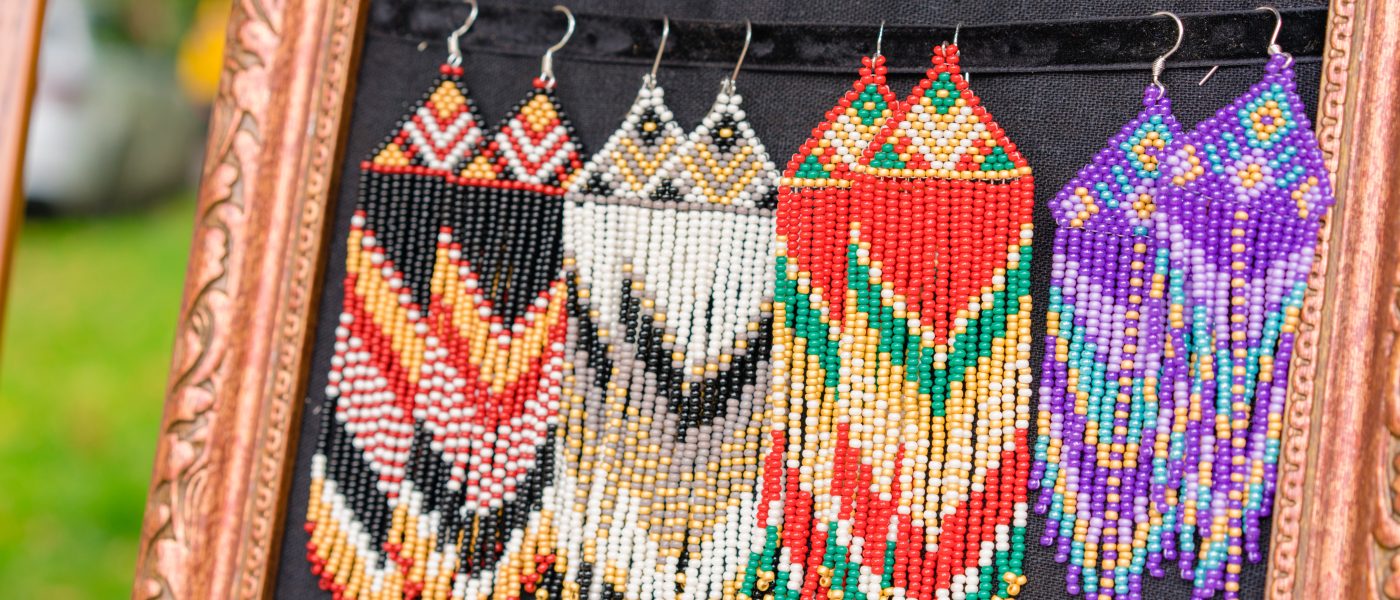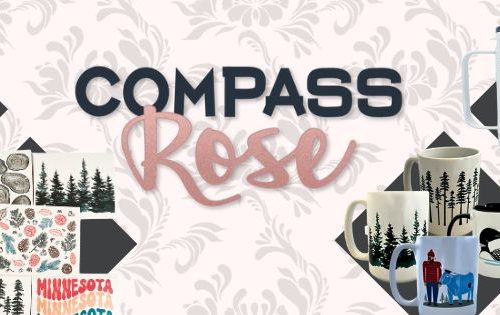
The short answer is yes! The longer answer, takes into account, appreciation vs appropriation and if you’re asking the question, you’re already on a good path to learning more!. The world is rich with diverse cultures, and appreciating and learning from different traditions can be a wonderful way to broaden our perspectives. When it comes to indigenous cultures, however, there is a fine line between appreciation and appropriation. One common question that arises is whether non-indigenous individuals can buy and engage with native goods. In this blog post, we will explore this topic, shedding light on the distinctions between appropriation and appreciation while emphasizing the importance of respect and understanding.
Understanding Indigenous Appropriation: Indigenous appropriation occurs when elements of indigenous cultures are taken or used without proper respect, understanding, or permission. This can include the unauthorized use of symbols, art, clothing, rituals, or spiritual practices for personal gain or trendy fashion statements. Appropriation often leads to the commodification and commercialization of cultural aspects, contributing to the erasure of indigenous voices and perpetuating harmful stereotypes. It is essential to recognize the historical context, sacredness, and significance associated with indigenous cultural practices.
The Power of Indigenous Appreciation: Indigenous appreciation, on the other hand, involves genuinely acknowledging, respecting, and honoring indigenous cultures. It is about learning and valuing the history, traditions, customs, and contributions of indigenous communities. Appreciation requires understanding the cultural significance and context of practices, symbols, and artifacts. It emphasizes engaging with indigenous cultures on their terms, fostering meaningful relationships, and supporting indigenous communities in ways that empower and amplify their voices.
Can Non-Indigenous Individuals Buy Native Goods? The question of whether non-indigenous individuals can purchase native goods is complex. While it is not inherently wrong for non-indigenous people to buy these goods, it is crucial to approach such transactions with sensitivity and respect. Here are some considerations to keep in mind:
- Educate Yourself: Take the time to learn about the indigenous culture from which the goods originate. Understand the significance of the items you are interested in and the context in which they are traditionally used.
- Support Indigenous Artisans: When purchasing native goods, prioritize supporting indigenous artisans and businesses. Seek out fair trade organizations or reputable sources that work directly with indigenous communities, ensuring that the artisans are benefiting fairly from the sales.
- Seek Permission and Authenticity: Some indigenous communities may have protocols or cultural guidelines regarding the use and sale of their goods. Whenever possible, seek permission or guidance from indigenous communities before purchasing or using their traditional items. Be cautious of counterfeit or inauthentic goods that may exploit indigenous designs or symbols without benefitting the community.
- Respect Cultural Sensitivities: Avoid appropriating sacred symbols, rituals, or spiritual practices that hold deep meaning within indigenous cultures. Respect the cultural boundaries and understand that not all aspects of a culture are available for non-indigenous individuals to adopt or adapt. Also, know that these things can vary from tribe to tribe so make sure to check with who you are interacting with locally.
- Amplify Indigenous Voices: While buying native goods can be a way to appreciate and support indigenous cultures, it is equally important to amplify indigenous voices, stories, and experiences. Share their histories and contributions, challenge stereotypes, and advocate for indigenous rights and representation.
Engaging with native goods as a non-indigenous individual can be done in a respectful and appreciative manner. It starts with education, respect, and supporting indigenous communities directly. By recognizing the difference between appropriation and appreciation, we can navigate this complex territory and contribute to a more inclusive and equitable world that values and uplifts indigenous cultures. Let us celebrate diversity, while always honoring the wisdom, resilience, and heritage of indigenous communities.










